Why You Need Reliable After Hours Furnace Repair Service
When your furnace fails on a freezing Pittsburgh night, after hours furnace repair becomes an urgent necessity. Here's what to do if you need emergency furnace help:
Immediate Action Steps:
- Call a 24/7 HVAC service - Don't wait until morning.
- Check for gas smells - If you smell gas, evacuate immediately.
- Verify thermostat settings - Ensure it's set to "heat".
- Look for obvious issues - Check for tripped breakers or dead thermostat batteries.
- Never attempt major DIY repairs - Gas and electrical work require a professional.
Furnace emergencies don't keep business hours. As one customer shared, a reliable service "had a new furnace installed for us within 24 hours on a long weekend." This prompt response can be the difference between a minor issue and a dangerous situation.
Why After Hours Service Matters:
- Pittsburgh winters can be dangerous without heat.
- Furnace problems often worsen when ignored.
- Waiting can lead to frozen pipes and costly damage.
I'm Bill Scott. With over 15 years in the HVAC industry, I've helped countless Pittsburgh families through furnace emergencies. My team at Smart Climate Solutions knows that heating emergencies can't wait, which is why we prioritize a rapid response for every after hours furnace repair call.
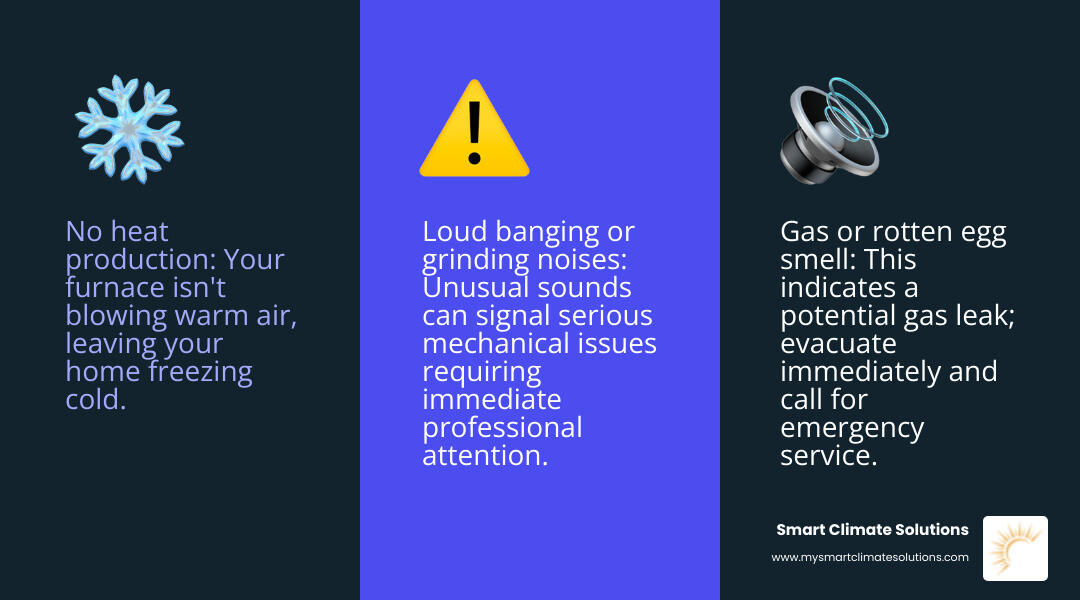
After hours furnace repair word roundup:
Critical Warning Signs Your Furnace Needs Immediate Repair
Your furnace often gives warning signs before a complete breakdown. Recognizing them helps you act fast to prevent a costly emergency. Here are common signs that you need after hours furnace repair:
- No Heat or Blowing Cold Air: The most obvious sign. If your furnace runs but doesn't produce heat, it could be a thermostat issue, pilot light problem, or faulty igniter.
- Unusual Noises: Furnaces should run quietly. Loud banging, squealing, or grinding sounds indicate a mechanical problem.
- Strange Smells: A brief burning smell when you first turn on the heat for the season is normal. Persistent or strong odors, however, are a red flag.
- Frequent Cycling: If your furnace turns on and off more than 3-8 times an hour (short cycling), it points to an underlying issue that reduces efficiency and causes wear.
- Furnace Keeps Shutting Off: This could be due to a clogged air filter, a faulty flame sensor, or an overheating safety switch.
- Water Leaks: Puddles around your furnace may indicate a cracked heat exchanger or a blocked condensate line.
Your Furnace is Making Loud Noises
Loud noises from your furnace are a clear sign of trouble that can lead to severe damage if ignored.
- Squealing or Screeching: Often indicates a worn fan belt or an issue with the blower motor bearings.
- Banging or Popping: Can be caused by dirty burners causing delayed ignition or loose components.
- Whirring or Grinding: Suggests a problem with the motor bearings or other wearing parts.
Any persistent, unusual sound requires a professional diagnosis to find the root cause and perform the necessary repairs.
Your Furnace is Emitting Strange Odors
While a faint startup smell is normal, other odors can be dangerous and require immediate attention.
- Burning Plastic or Rubber: This points to an electrical problem. Turn off your furnace and call for emergency service.
- Gas or Rotten Egg Smell: This is a critical safety hazard indicating a gas leak. Evacuate your home immediately, then call your gas provider and an emergency HVAC service from a safe location. Do not use any electronics inside.
- Musty or Moldy Smell: Could indicate mold growth in your ductwork or furnace, often from a water leak.
- Metallic or Chemical Smell: This might signal a cracked heat exchanger, which can leak deadly carbon monoxide into your home. Carbon monoxide is odorless and colorless, making it impossible to detect without a detector. Learn more about the dangers of carbon monoxide poisoning from the CDC.
A faulty furnace is a primary source of carbon monoxide leaks. If your furnace smells bad, especially like gas, you need immediate professional help.
Your Furnace Won't Stay On
A furnace that won't turn on or stay on can have several causes:
- Dirty Air Filter: A clogged filter restricts airflow, causing the furnace to overheat and shut off. Replace your filter regularly (every 90 days, or more often if you have pets).
- Thermostat Malfunction: Dead batteries or faulty wiring can prevent the thermostat from signaling the furnace correctly.
- Clogged Flame Sensor: A dirty flame sensor can't detect the burner's flame and will shut off the gas as a safety precaution.
- Overheating Safety Switch: Poor airflow or other issues can cause the furnace to get too hot, tripping a safety switch that turns the unit off.
For more information on common furnace issues, visit our page on HVAC Service and Repair.
What to Do While Waiting for a Technician
If your furnace breaks down after hours, don't panic. Before our technician arrives, you can take a few steps to ensure safety and troubleshoot the issue.
Safety First: If you smell gas or suspect a carbon monoxide leak, evacuate your home immediately. Call emergency services from a safe distance.
Once you are safe, try these simple checks:
Check Your Thermostat: Make sure it's set to "HEAT" and the temperature is set higher than the current room temperature. Replace the batteries if it has them.
Check the Furnace Power Switch: Find the power switch on or near your furnace (it often looks like a light switch) and ensure it is in the "ON" position.
Inspect Your Electrical Panel: Look for the circuit breaker for your furnace. If it has tripped, flip it completely to "OFF" and then back to "ON." If it trips again, leave it off and wait for a professional.
Check Your Air Filter: A dirty air filter can cause a furnace to overheat and shut down. If your filter is visibly clogged, replacing it might solve the problem.
Ensure Vents Are Clear: Make sure all heating vents and return air registers are open and unblocked by furniture or rugs to allow for proper airflow.
Confirm Gas Supply: For gas furnaces, check that the gas valve on the line to your furnace is open (handle parallel to the pipe). If other gas appliances aren't working, contact your gas provider.
What NOT to Do:
- Do not attempt major repairs: Working with gas lines or electrical components is extremely dangerous without proper training. You risk gas leaks, electrical shock, and further damage.
- Do not ignore warning signs: Strange noises, unusual smells, or other red flags require immediate professional attention.
These steps can sometimes resolve minor issues, but true after hours furnace repair emergencies always require professional expertise.
The Dangers of DIY Repair: Why to Call a Professional
When your furnace fails after hours, it's tempting to try a DIY fix. But furnaces are not simple appliances; they pose serious risks that can turn a small problem into a major emergency.
Electrical hazards are a primary concern. Furnaces contain high-voltage components that can cause severe electrical shock or burns if handled improperly.
For gas furnaces, natural gas dangers are even more serious. A small mistake can lead to a flammable and explosive gas leak. This is not a risk to take with your family's safety.
Then there's the carbon monoxide threat. This odorless, colorless gas is a silent killer. Improper repairs can cause or worsen a carbon monoxide leak, especially if the heat exchanger is damaged. It's simply not worth the gamble.
Attempting DIY repairs will almost certainly void your manufacturer warranty. What seems like a cost-saving measure can end up costing you thousands if you need warranty coverage for a major component later on.
Finally, modern furnaces are complex machines with electronic controls and sensors that require specialized diagnostic tools. Without proper training, you could easily misdiagnose the issue, leading to more expensive repairs.
Our certified technicians are equipped with the right tools and have over 15 years of experience serving Pittsburgh families. They are trained to handle after hours furnace repair safely and efficiently, giving you peace of mind and restoring your heat.
When it comes to a heating emergency, the right tool for the job is a qualified HVAC professional who can keep your family safe.
The Process and Cost of After Hours Furnace Repair
When your furnace fails at the worst possible time, you need a reliable partner for after hours furnace repair. Our service is designed for Pittsburgh families who can't wait for a fix.
For over 15 years, we've served the greater Pittsburgh area, including South Hills PA, Burgettstown PA, Washington PA, and extending into Ohio and West Virginia. Our 24/7 emergency service means we're here when you need us most, typically arriving within 4 hours of your call.
What to Look for in an After Hours Furnace Repair Service
When choosing an emergency service, look for these key qualities:
- True 24/7/365 Availability: Emergencies don't wait for business hours. A reliable service answers the phone around the clock.
- Fast Response Time: Every hour without heat matters in a Pittsburgh winter. We prioritize rapid dispatch to get help to you quickly.
- Licensed and Insured Technicians: Our NATE-certified technicians have proven their expertise, giving you peace of mind that the job is done right.
- Positive Customer Reviews: We're proud of our track record, which reflects the trust families place in us during heating emergencies.
- Upfront Pricing: We provide clear, transparent quotes before any work begins, so you don't have to worry about hidden fees.
The Typical Emergency Repair Process
Our process is streamlined to restore your heat as quickly as possible:
- Initial Call & Dispatch: Our team asks diagnostic questions to understand the problem and immediately dispatches a technician.
- On-Site Assessment: Using advanced tools, our technician performs a thorough evaluation to pinpoint the exact cause of the failure.
- Clear Explanation & Quote: We explain the problem and the solution in simple terms and provide an upfront repair quote with a full cost breakdown.
- On-the-Spot Repair: Our service vehicles are stocked with a wide inventory of parts, allowing us to complete most repairs in a single visit.
- Post-Repair Testing: Before leaving, we test all functions, check for carbon monoxide, and ensure your system is running safely and efficiently.
Understanding the Costs of After Hours Furnace Repair
We believe in fair, transparent pricing, even for emergency calls.
- Diagnostic Fee: This fee covers the technician's time and expertise to identify the problem. It is often applied toward the total cost of your repair.
- Parts and Labor: Costs vary depending on the repair needed. We'll explain exactly what's required and why.
- Repair vs. Replacement: If your furnace is older or needs a costly repair, we provide honest advice on whether a fix or a replacement is the better long-term investment. Our technicians are not on commission, so their advice is always in your best interest.
- No Hidden Fees: The price we quote is the price you pay. Period.
For more details on what influences repair costs, visit our Cost to Fix Furnace page.
Preventing Breakdowns with Regular Furnace Maintenance
The best after hours furnace repair call is the one you never have to make. Most midnight furnace failures in Pittsburgh can be prevented with simple, regular maintenance.
Just like a car, your furnace needs routine service to run reliably. It works hardest on the coldest nights, which is exactly when neglected systems are most likely to fail.
The Power of Proactive Care
Annual furnace tune-ups allow our technicians to find and fix small problems before they become emergencies. A worn fan belt or a dirty flame sensor is an inexpensive fix during a scheduled appointment but can cause a total system breakdown on a frigid night.
Regular maintenance also improves your furnace's efficiency, which lowers your monthly utility bills. A clean, well-tuned system uses less energy to heat your home.
Extending Your Investment
A well-maintained furnace can last 15 to 20 years or more, while neglected systems often fail in as little as 10-12 years. Considering the cost of a new furnace, annual tune-ups are a wise investment.
Most importantly, regular maintenance keeps your family safe. Every service visit includes critical safety control checks and testing for carbon monoxide leaks.
What Our Comprehensive Maintenance Includes
Our tune-ups cover all the essentials for safe, efficient operation. This includes filter replacement, burner cleaning, ignition system checks, blower assembly inspection, thermostat calibration, and tightening all electrical connections. We also examine your ductwork for energy-wasting leaks.
The small investment in annual maintenance saves homeowners from the cost and stress of emergency repairs. Learn more about a professional Furnace Tune-Up and explore our money-saving HVAC Maintenance Plan options.
Frequently Asked Questions about Emergency Furnace Repair
When facing a heating emergency, homeowners often have the same questions about after hours furnace repair. Here are answers to the most common concerns.
How long should my furnace last?
A well-maintained furnace typically lasts 15 to 20 years. Some high-quality models can last even longer with excellent care. The key factors influencing lifespan are consistent professional maintenance, proper sizing for your home, and the quality of the unit. Neglecting maintenance can cut a furnace's life in half.
Is it better to repair or replace my old furnace?
This depends on age, repair cost, and efficiency. A good guideline is the "50% rule": if your furnace is over 15 years old and a repair costs more than half the price of a new unit, replacement is often the smarter financial choice. Frequent breakdowns and the potential for energy savings with a new high-efficiency model are also important factors. Our technicians provide honest guidance to help you decide.
What is considered an HVAC emergency?
An HVAC emergency is any situation that puts your safety, health, or property at immediate risk. These situations require immediate after hours furnace repair.
- Complete loss of heat in freezing weather, which can lead to frozen pipes.
- The smell of gas (like rotten eggs), which indicates a dangerous leak.
- Electrical burning smells, which signal a potential fire hazard.
- Suspected carbon monoxide leaks, often indicated by a CO detector alarm or unexplained flu-like symptoms.
- Significant water leaks from your furnace, which can cause property damage.
These emergencies require immediate professional help, no matter the time of day.
Your Trusted Partner for 24/7 Furnace Repair in Pittsburgh
When a furnace emergency strikes on a cold Pittsburgh night, you need a trusted partner for after hours furnace repair. Don't risk dangerous DIY fixes or wait for business hours to call for help.
For over 15 years, Smart Climate Solutions has provided fast, reliable 24/7 emergency service to families throughout the Pittsburgh area, including South Hills PA, Burgettstown PA, Washington PA, and communities in Ohio and West Virginia. Our certified technicians arrive quickly, diagnose the problem accurately, and perform repairs on the spot to restore your heat and safety.
We've built our reputation on transparent pricing and a commitment to getting the job done right the first time. We treat every emergency call with the urgency it deserves because we know your family's comfort and safety are on the line.
Don't get left in the cold. If you're facing a heating emergency, our experienced team is ready to help.

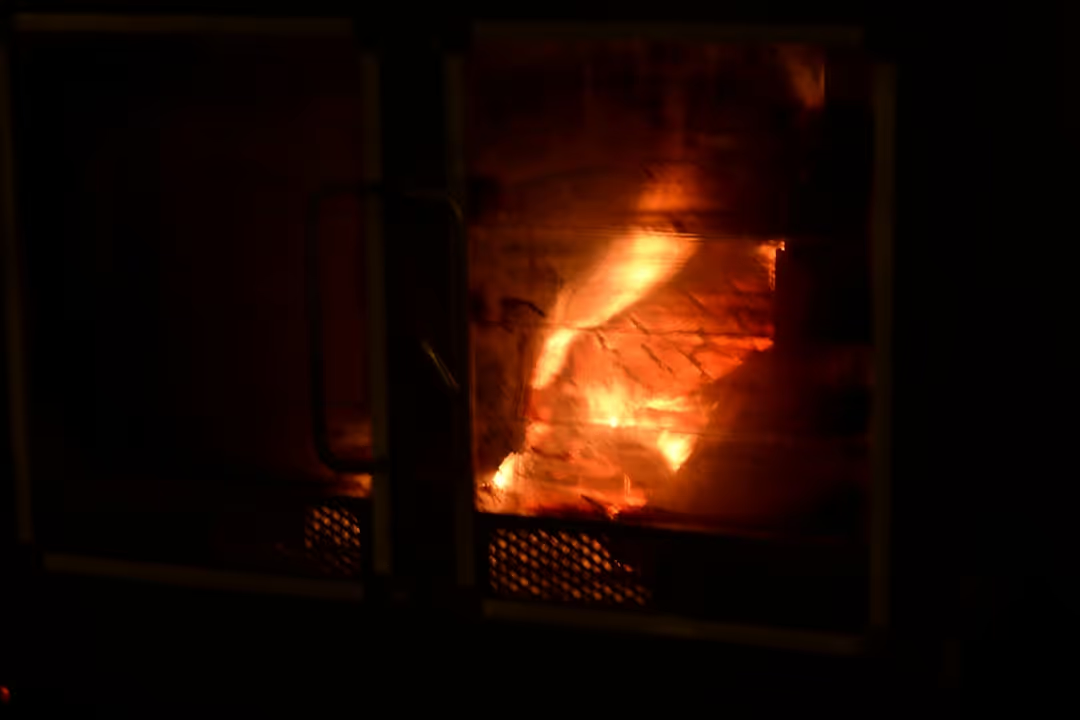


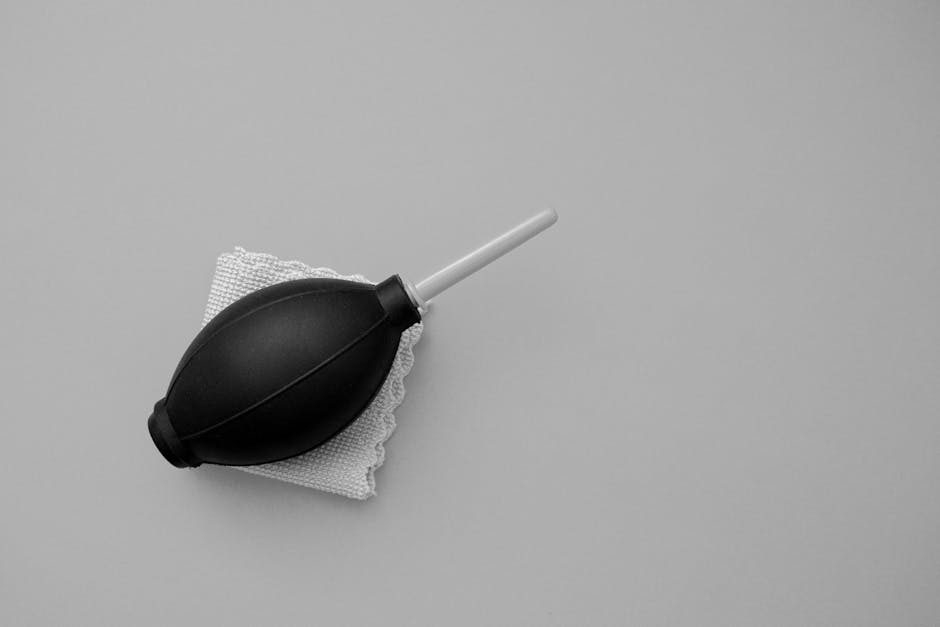
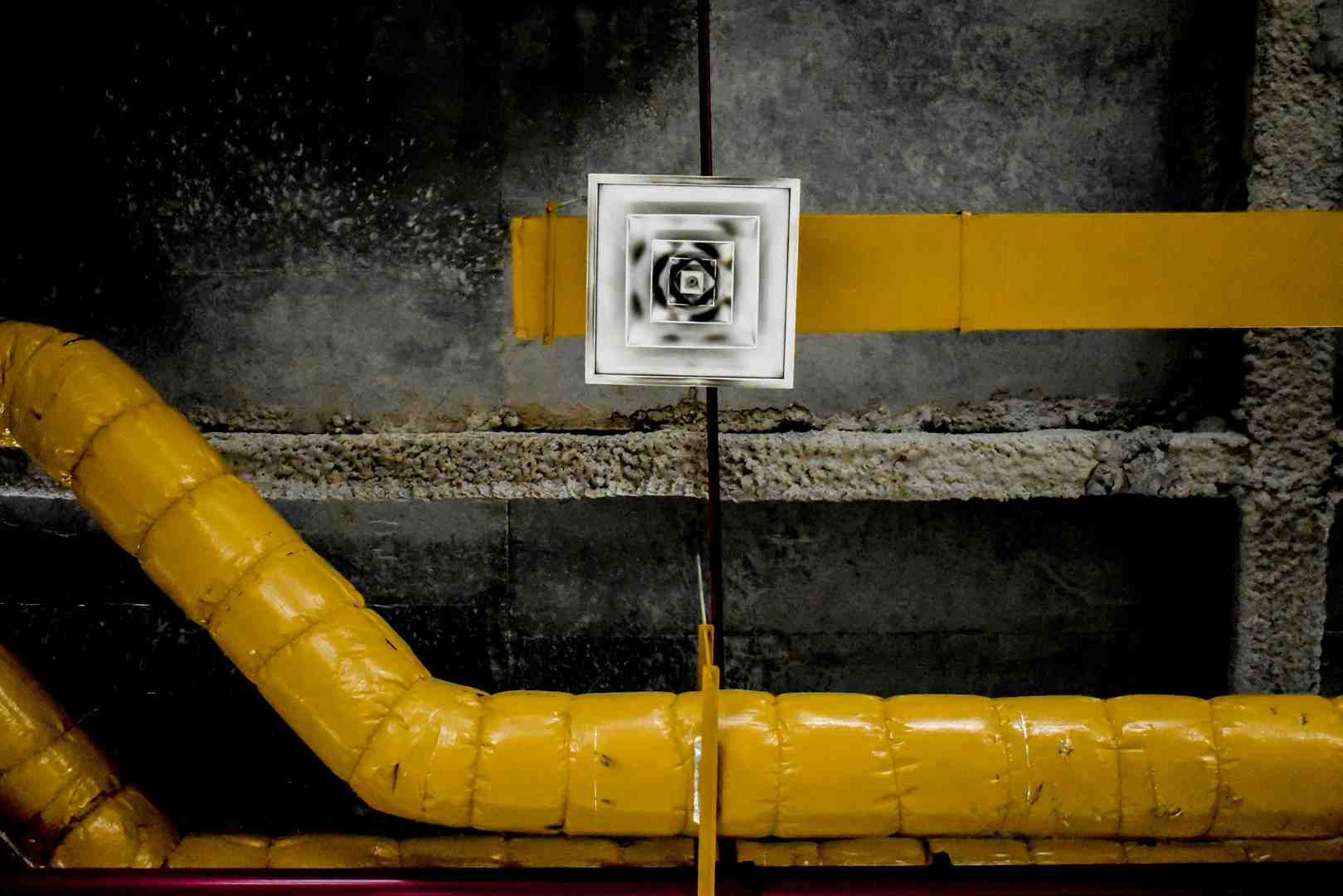
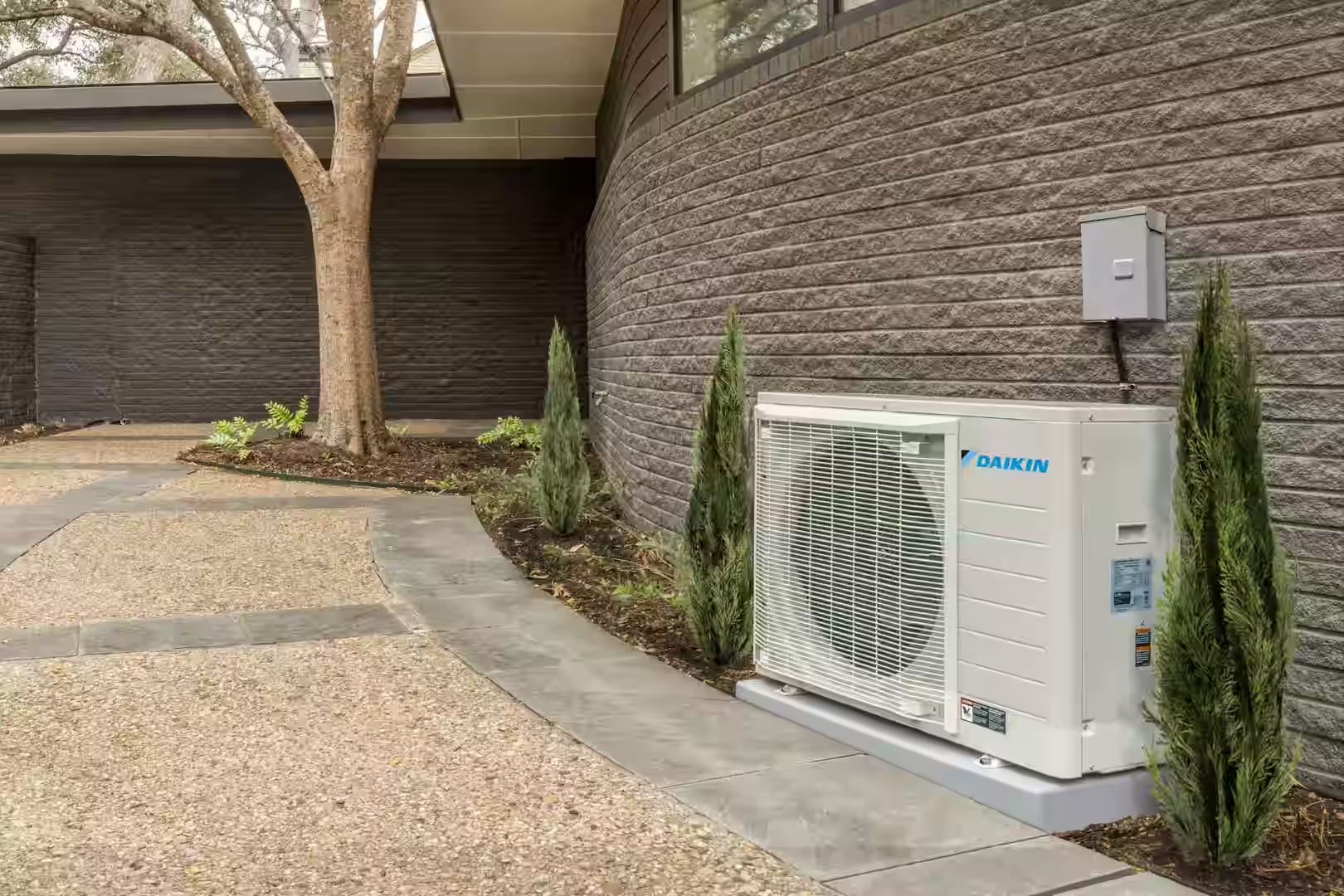
.png)
